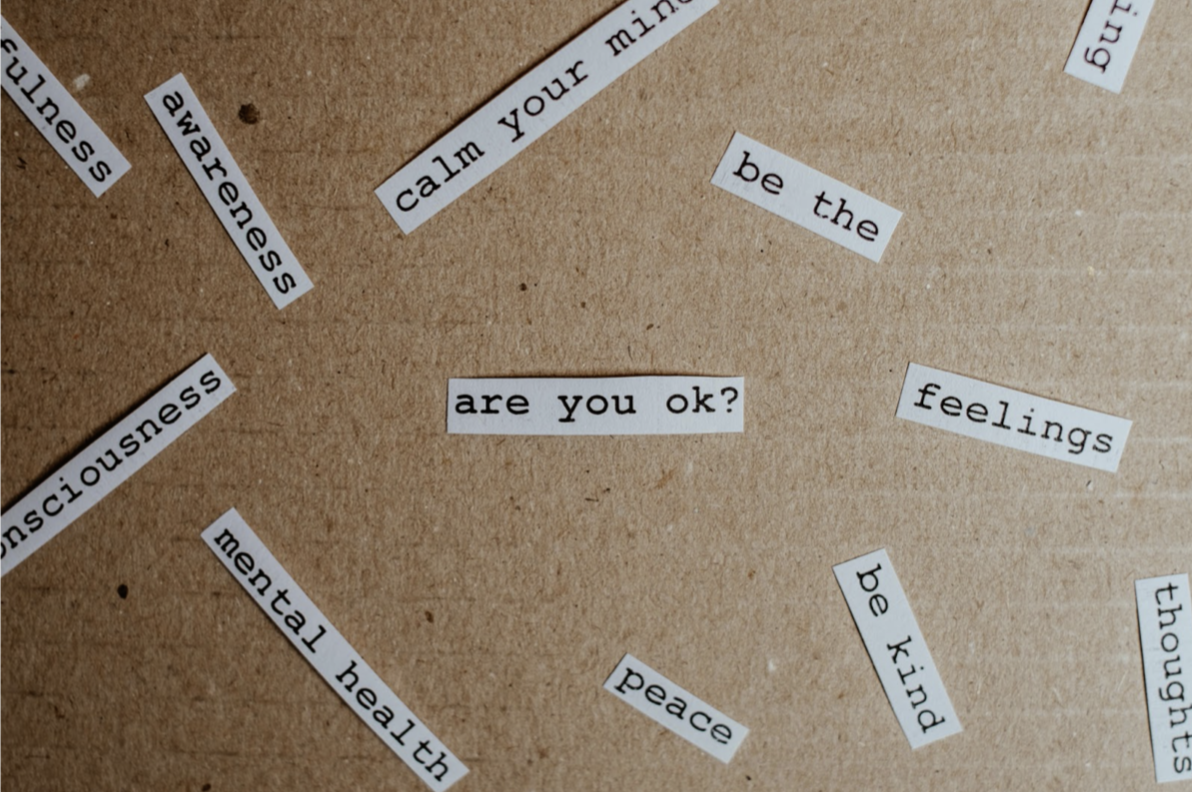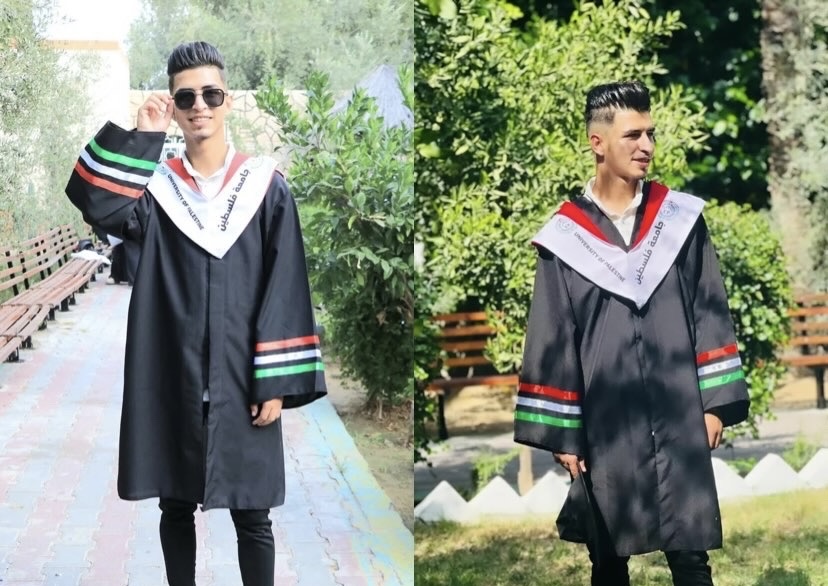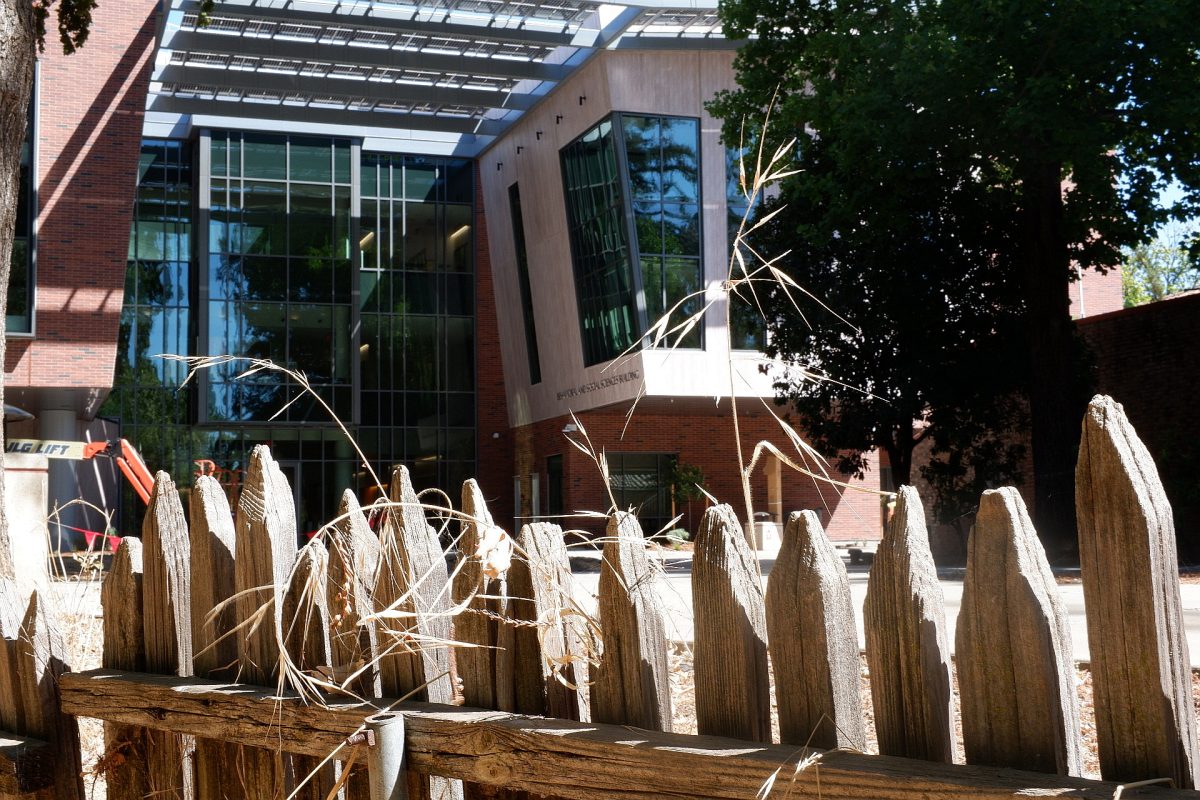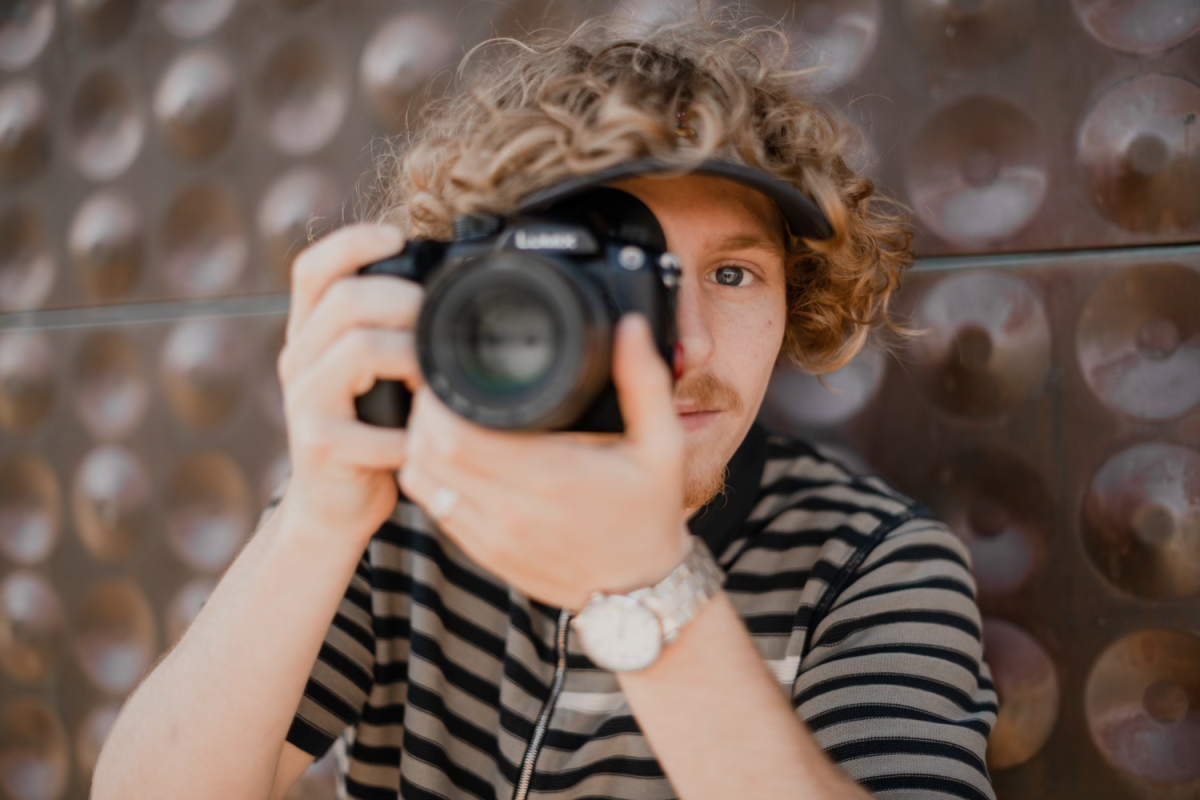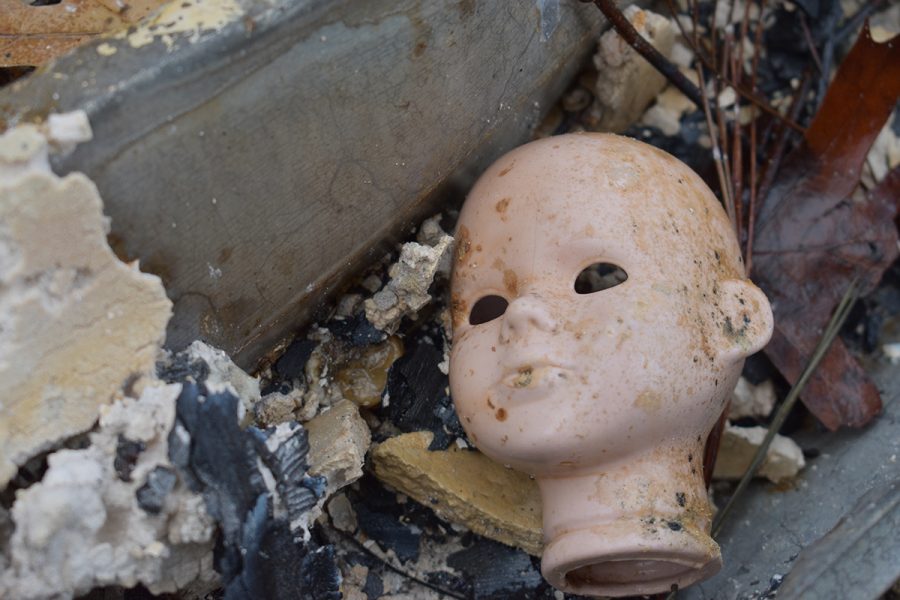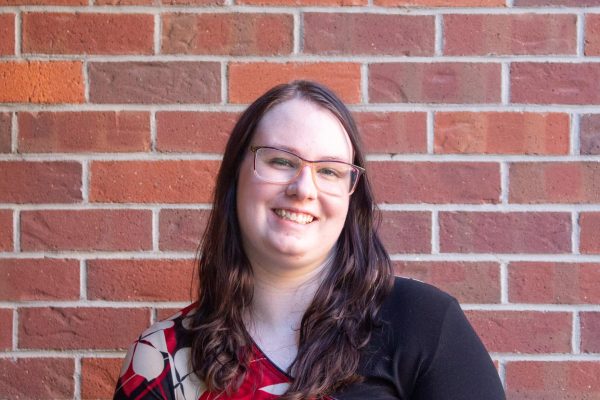The California State University Board of Trustees approved the tentative agreement with the California Faculty Association on March 4. One of the many TA points is related to mental health.
As approved by the Board of Trustees, the CSU will try to increase the counselor-to-student ratio to match one counselor to a range of 1,000 to 1,500 students by 2026.
The CFA included this in their original bargaining demands and carried it through to the tentative agreement to help students and faculty with their mental health.
Amy Castelluccio, a Chico State lecturer, said she noticed students would come to her for mental health help before the COVID-19 pandemic. Then it escalated during the pandemic when classes were on Zoom, “which that was really hard because you’re on Zoom and so you don’t have that face-to-face interaction,” Castelluccio said.
Another Chico State faculty member, Lindsay Briggs, said she’s noticed students reaching out to her for help since the beginning.
“I am trained in human sexuality and then I have long taught mental and emotional health and have expertise in that area as well. It makes me a natural ally for talking about these issues,” Briggs said. “And so I think kind of, once people started to get to know who I was and what I was about, it just became one of my, my sort of, of natural passions on campus.”
Castelluccio said she always encourages communication between herself and students, especially when they start to fall behind.
“Like there’s no reason for me to be upset that you’re not coming to class or whatever. I wanna know that you’re OK and that’s why you’re gonna hear from me. I’m gonna reach out to you and check in with you and see how you’re doing. And I’m gonna make that effort happen because just based on where we are right now in this world, we need to be doing that for each other,” Castelluccio said.
Castelluccio said she’s found this method to be very helpful, and it helps students to know that they have a faculty member who cares.
Briggs offers a similar offer of communication to her students.
“I think seeing people as whole human beings is really important when it comes to my classes. I tell ’em, all of my students from the beginning of the semester, I want you to be successful if things are going on. I’m here to listen. I’m here to help,” Briggs said. “I’m not a counselor and I’m not trained in those sort of things, but I’m happy to help them navigate different sort of systems and, and figure out how to best serve their needs.”
However, unfortunately, there are times Castelluccio and Briggs have had to refer students to more professional resources such as the Campus Assessment Response and Evaluation team or the WellCat Safe Place, especially when they discuss self-harm. These cases take their toll.
“It makes me lose sleep. Yeah. It makes me feel very sad. Gives me anxiety because I worry so much about what’s gonna happen with this student. And you know, despite what you say to students, you can try your hardest to talk with them about situations like that,” Castelluccio said. “And you just hope for the best. And you know, there’s been times where I’ve had students say things like that [self harm] and I immediately will get the CARE team involved and say, this has to be a priority. Like we can’t have a month-long delay in getting them a counseling appointment. It needs to happen today.”
Luckily since the COVID-19 pandemic stay-at-home orders have been lifted, she hasn’t had to involve the CARE team.
To solve this issue, Castelluccio said Chico State, and the CSU overall, needs to pay their counselors and hire more of them.
“… there’s like this vicious cycle that will happen where you have your counselors, they’re overworked, they’re tired, there’s not enough of them, and so they are overworked. And so because they’re overworked, they leave if, and then you’re trying to find new ones to come in,” Castelluccio said.
Briggs said there are not enough counselors or resources for students and especially faculty and staff members.
“You know, the amount of discussion about mental health for students continues to get bigger and louder every year that we’re here about how much Chico State cares about student mental health and how much we need to do to support, you know, students and their mental health. And yet the resources never come,” Briggs said.
Briggs said the mental health conditions at Chico State and the rest of the CSUs have gotten harder, worse and bigger. She also said the CSU “just doesn’t take this seriously.”
Some of the more consistent complaints students have regarding Chico State’s mental health system, Castelluccio said, is that they can’t get a timely appointment and they desire consistency. She’s also heard multiple complaints about the third-party online service Chico State uses.
“They’re not using Chico State because they can’t get consistency in a timely appointment. And so they pay out of pocket with the help of their parents,” Castelluccio said. “They’re very fortunate to be able to do this for sessions. So it’s not through Chico State. And they, they were, they said they like it because it’s the same person that they get to see every time, who knows who they are now.”
In addition, Briggs said students say Chico State doesn’t seem to care about them or their mental health.
“The most common complaint is Chico State doesn’t really give a f–k about our mental health. Nobody cares about our mental health. They say that they do, but they don’t. Anybody who actually can get into the counseling center and get regular services genuinely really has a good experience,” Briggs said. “I very rarely get students having complaints about the actual experience at the counseling center. The, the complaints are, ‘I can’t get in’ or ‘I can’t get enough services,’ or we have like ‘too short of sessions’ and ‘I really need more.’”
Another common complaint, Briggs said, is “why do we have so many administrators and not enough counselors?”
In regard to faculty mental health, Castelluccio and Briggs said Chico State could talk about it more and provide more resources outside of the Employee Assistance Program. They could also send out more faculty-geared mental health reminder messages like they do for students.
Briggs said she feels like no one at this point would trust the EAP after David Stachura’s therapist at Chico State did not “disclose the apparent conflict of interest to university officials.” The therapist Christina Wong’s contract with Chico State ended after this came to light.
Briggs also said reducing faculty member’s workload would help with mental health.
She said it always comes back to money and Chico State having the funds to help faculty members have a better chance of getting mental health help.
Overall Castelluccio said she’s proud of her students in the way they push themselves not only academically but also to improve their personal lives and mental health.
Chico State’s current counselor-to-student ratio is one counselor per 1,166 students, meaning there are 13,999 students and 12 counselors, Ashley Gebb, university communication’s executive director, said.
Gebb also said Chico State annually reviews student enrollment to make sure the counselor-to-student ratio stays around the recommended 1:1,250, as set by the Association of Counseling Services.
Ariana Powell can be reached at [email protected] or [email protected].




